Mum and nurse Carly Smalley wants people to understand healthcare workers are only human.
“We’re all just people. We’re not these superhero angels that will just give and give and give and not have some sort of effect from that. It’s a traumatic job we’re in, and we’re just human, and there needs to be some understanding of that.”
Her husband Nathan died by suicide in July 2020 after self-reporting to regulator Ahpra in November 2019.
Nathan, a paediatrician and paediatric intensive care specialist, was so stressed and overworked due to the increased demands on his private country practice, he was suffering panic attacks in the year before he died.
“As demand increased Nath brought his notes home to write in the evenings, but he was having trouble staying awake, so unbeknown to me he started using illicit drugs to help keep him awake.
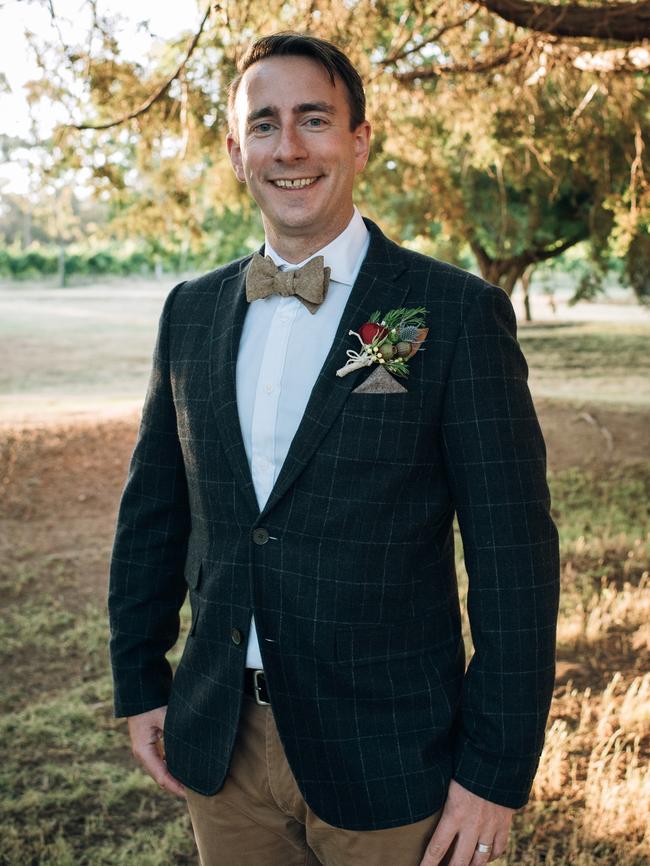
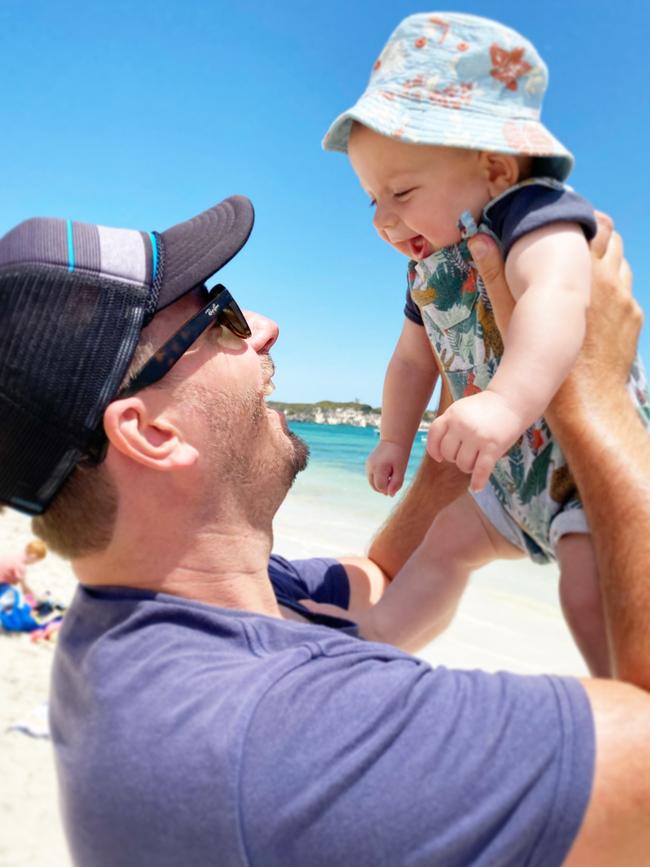
“And then he found he couldn’t sleep. So he started taking other drugs to make him sleep. And just to just switch off I think. I think his mental health had gotten to a point where he really just wanted to feel nothing.”
In early November, Nathan reported himself to Ahpra.
“He clearly wasn’t coping so we spoke about it and we knew it was a big deal so he self-reported to Ahpra and we got an automatic response saying thanks for your submission and we’ll be in touch.
“Six weeks then went by and we hadn’t heard anything.”
Carly added: “Then the Friday before Christmas, we had a phone call saying that his case had been reviewed and that he was suspended as of close of business that day. That was our first contact with them and I think we just got into this false security of everything was going to be OK”.
“It was extremely stressful and there was no sort of, ‘this is the next step’ or whatever.”
Nathan hired a lawyer but didn’t realise it was Ahpra’s policy to then only communicate with the lawyer directly and not provide any information to the Smalleys.
“We had all these kids on ADHD medications, which you can’t get from anyone but a paediatrician. But there is no other paediatrician. So they were just left to flounder, which was an added stress on us knowing that the community was being put at risk.”
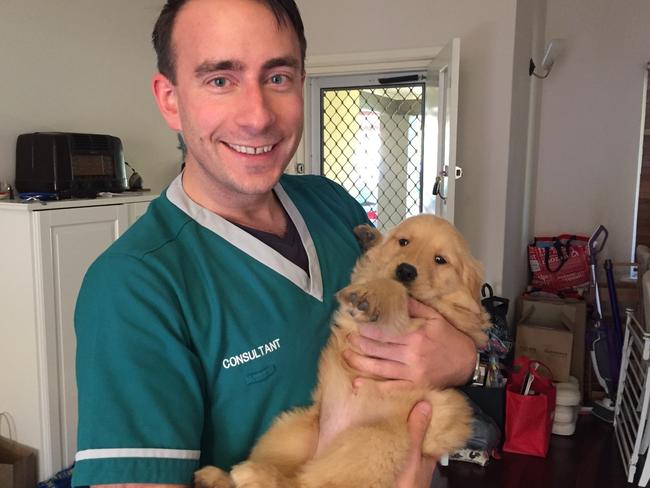
Nathan met a psychiatrist, as requested by Ahpra, for an independent assessment but came away thinking they had already “written him off as a junkie.”
“They really tried to get him to talk about stuff that he had never even told me about,” Carly said.
“And then he was expected to just open up fully to this complete stranger, which was not in his nature. He felt dismissed. Like she had already made up her mind about him.”
“He couldn’t stop ruminating over all those things he’d been discussing and feeling so helpless.”
Nathan then attended intensive rehab every day in February for four weeks.
“We got very poor communication from Ahpra throughout it all. And we were trying really hard to find out when they were meeting, when they were going to discuss it. We knew he had this assessment with a psychiatrist but had anyone looked at what was said, any decisions made based on that?
“There was no advice as to when it might end, what the conditions might be. We just kept getting delayed, deferred or ignored. And this went on until the time of his death.”
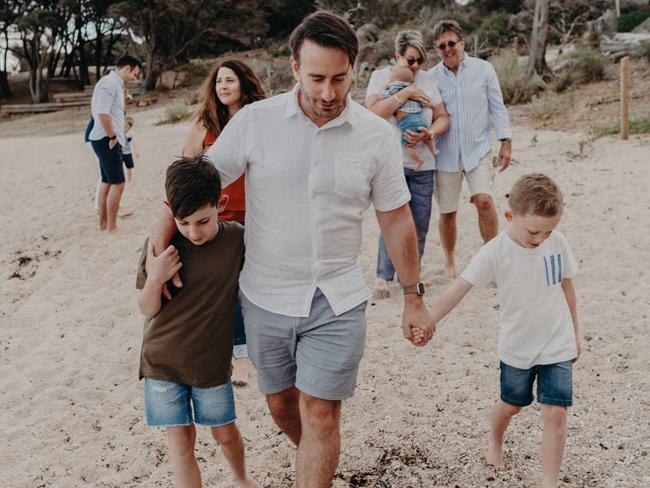
In July, he died by suicide. He still hadn’t heard from Ahpra about the outcome of his investigation.
“He left a note saying that he loved us, but that he couldn’t live with his shame and that we would be better off without him because he would only put that shame on to us. And yeah, that was it.”
Carly said Nathan had suffered from mental illness most of his adult life but kept it close to his chest and didn’t talk to anyone about it.
She said: “His self worth was terrible. He had very poor self esteem. The only thing that made him feel worthwhile was helping his patients. He had this fixation that he just had to help his patients. And they were always like, ‘Oh my God, you’re so amazing’. And that offset the bad voices in his head.
“And then immediately that was stripped away. We’d go into our small town and would see our patients and he just took on all that responsibility for letting them down on top of everything else.”
In the end, one of the report’s recommendations was that Nathan attended rehab, which he had already done … five months before his death.”
Health industry watchdog promises system overhaul
Shocking Australian research has revealed 16 healthcare workers, who had been reported to the industry regulator, died by suicide in just a four-year period.
Another four practitioners attempted suicide or self harm and two more deaths are still being investigated.
The groundbreaking report has prompted an urgent overhaul of the regulator’s complaint process.
“The findings of this research are deeply confronting, but we commissioned it to learn and do better,” Australian Health Practitioner Regulation Agency (AHPRA) chief executive Martin Fletcher said.
“We want to clearly understand the pressure points in our processes that cause the greatest distress and change them.”
The regulator will now speed up its investigations, provide regular updates to healthcare workers and the complainant, help at-risk practitioners access professional help and publish reviews into all serious incidents each year.
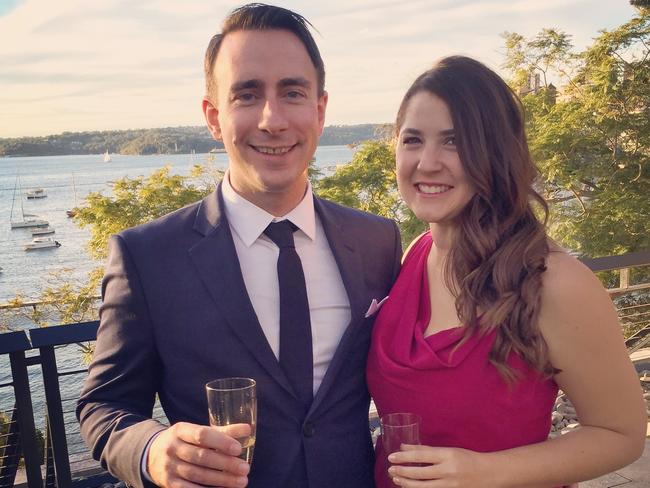
Dr Anne Tonkin, Medical Board of Australia Chair, said: “We absolutely have to keep patients safe and properly manage the issues that have brought practitioners in front of us. At the same time, we must do all we can to ensure our processes don’t make it harder for practitioners than the fact of regulatory scrutiny already makes it”.
There are more than 850,000 healthcare practitioners in Australia and Ahpra receives 10,000 complaints on average per year.
Of those, no action is taken in roughly 8000 cases while “low or small” disciplinary action – such as conditions on a licence – is the preferred option in most of the remaining 2000 cases.
Only about 10 complaints a year result in a registration being suspended or cancelled, Dr Tonkin said.
The research team’s expert advisory group was chaired by psychologist Rachel Phillips, who said practitioners found the regulatory process extremely stressful regardless of the seriousness of the complaint.
“There doesn’t seem to be a strong relationship between the severity of a notification and the significance of distress that’s experienced by practitioners,” she said.
“It’s the implications of what a notification means in terms of your practice, and the potential outcomes of not being able to practice. Professional identity is very important and what that means for your livelihood.”
Psychiatrist Manaan Kar Ray, also on the expert advisory group, added: “The notification might not result in anything as such, but what they perceive is that their registration may be under threat. And if they’re not able to practice, they’re not able to do the things that are important to them”.
Ms Phillips said the team undertook in-depth case reviews of the healthcare workers who had died between January 2018 and December 2021 and found all either had mental health issues or a history of substance abuse, or both.
“The diagnoses from a mental health perspective included bipolar, depression, anxiety, post traumatic stress disorder, and then there was some other elements as well, such as autism, attention deficit hyperactivity disorder and traumatic brain injury,” she said.
“There was no evidence from the case reviews that the approval board processes were the cause of the practitioner deaths. However, there was a consensus for all involved that our processes could be improved to actually better recognise practitioner illness and the signs of vulnerability and how we can actually support them, their partners and their family to ensure the practitioners are really well supported while they undergo a notification.”
Dr Tonkin said before the research, only six per cent of investigations were completed within three months. It was now more than 50 per cent.
“Having become aware that for the really seriously at-risk people there is often a mental health issue or substance use disorder in the background, we’ve totally changed our health management team structures.
“So before … six and a half per cent were being closed within three months and the rest of them were dragging on. And it’s the waiting that’s really hard. Now we’ve got 57 per cent being closed within three months. So that’s a huge change. And I hope that will contribute to a significant reduction in the stress that people in that position are feeling.”
She added: “But I think it’s really important for us to recognise also, that it’s not just people with health issues who feel the distress. It’s basically just about everybody who gets a notification.
“So we’re making changes to the processes generally, to try and speed them up, make them more effective, have less of that waiting in limbo time and communicate more clearly, communicating more sensitively and making fair decisions to protect the public without being unduly insensitive to health practitioners.”

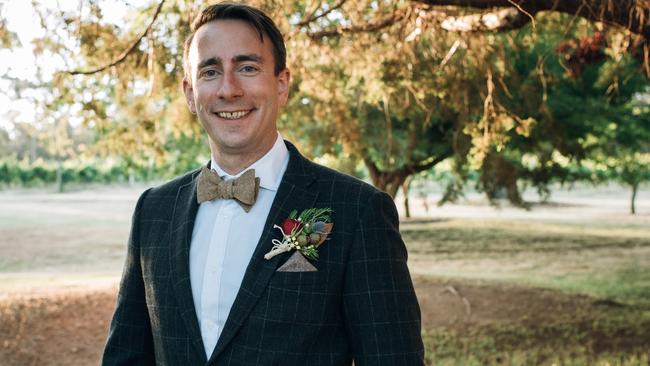
Thousands of Aussies want inquest into Louisa Ioannidis’ death
Calls for an inquest into the death of 24-year-old Louisa Ioannidis, who was found dead in a Melbourne creek, have grown after new evidence was discovered.
‘Silenced and sidelined’: Broken justice system fails victims of crime
Victims of violent crimes and sexual assault say going through Victoria’s “injustice” system was worse than the crime itself, with some questioning whether they would ever report another crime.